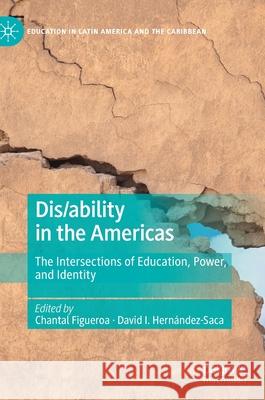Dis/Ability in the Americas: The Intersections of Education, Power, and Identity » książka
topmenu
Dis/Ability in the Americas: The Intersections of Education, Power, and Identity
ISBN-13: 9783030569419 / Angielski / Twarda / 2021 / 247 str.
Dis/Ability in the Americas: The Intersections of Education, Power, and Identity
ISBN-13: 9783030569419 / Angielski / Twarda / 2021 / 247 str.
cena 402,53
(netto: 383,36 VAT: 5%)
Najniższa cena z 30 dni: 385,52
(netto: 383,36 VAT: 5%)
Najniższa cena z 30 dni: 385,52
Termin realizacji zamówienia:
ok. 22 dni roboczych.
ok. 22 dni roboczych.
Darmowa dostawa!
Kategorie:
Kategorie BISAC:
Wydawca:
Palgrave MacMillan
Seria wydawnicza:
Język:
Angielski
ISBN-13:
9783030569419
Rok wydania:
2021
Wydanie:
2021
Numer serii:
001142035
Ilość stron:
247
Waga:
0.46 kg
Wymiary:
21.01 x 14.81 x 1.6
Oprawa:
Twarda
Wolumenów:
01
Dodatkowe informacje:
Wydanie ilustrowane











